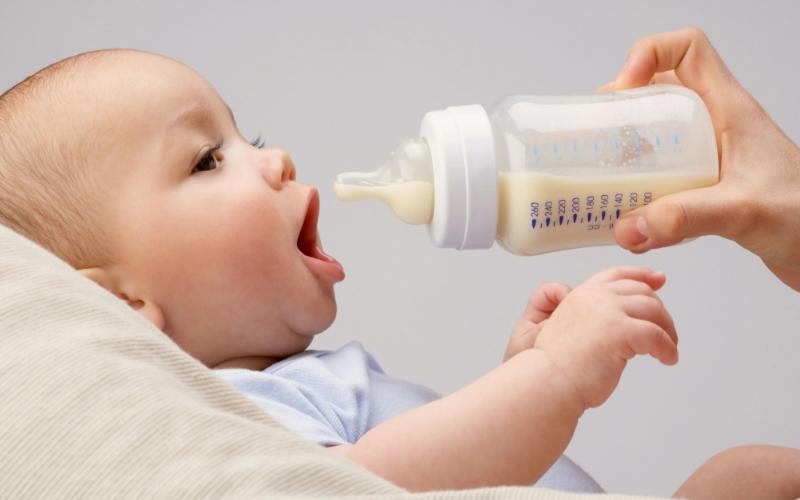Arla Farmers Trial Methane-Reducing Feed Additive in Emissions Initiative
Dairy cooperative Arla Foods has launched a trial involving 30 farmers to test the use of a feed additive designed to reduce methane emissions from cattle. The additive, Bovaer®, is expected to cut enteric methane emissions from cows by an average of 27%, a significant step toward mitigating the dairy industry’s environmental impact.

The initiative, a collaborative effort involving Arla and retailers Morrisons, Aldi, and Tesco, aims to integrate the additive into standard feeding routines, providing insights into its feasibility and effectiveness at scale.
Tackling Methane to Meet Climate Goals
Paul Dover, UK agricultural director at Arla Foods, emphasized the additive's potential to address methane emissions, a major contributor to dairy farming’s carbon footprint.
“Reducing methane presents a critical opportunity to improve carbon footprints at the farm level,” Dover said. “This initiative showcases the broad industry support for helping British farmers adopt more sustainable practices.”
However, Dover acknowledged that implementing feed additives across the industry would be challenging due to their cost. Arla aims to reduce scope 3 carbon emissions—those from its supply chain—by 30% by 2030, as part of its ambitious climate goals.
Support for Sustainable Farming
Andrew Barraclough, a farmer participating in the trial, expressed optimism about the sector's shift toward sustainability but highlighted the financial hurdles.
“We’re committed to reducing our environmental impact, and feed additives have a lot of potential,” Barraclough said. “However, their high cost increases the overall expense of producing milk. Farmers need collaborative support to make such transitions viable.”
A Cooperative Push for Industry Change
This project is the first of its kind in the UK, bringing together major players in the dairy supply chain to explore scalable solutions for methane reduction.
As retailers and producers work in tandem to address agricultural emissions, the trial is expected to demonstrate the practical steps needed to meet climate targets while balancing the economic realities of farming.
If successful, the initiative could pave the way for broader adoption of methane-reducing technologies, bolstering the sustainability credentials of the UK dairy sector.
Tackling Methane to Meet Climate Goals
Paul Dover, UK agricultural director at Arla Foods, emphasized the additive's potential to address methane emissions, a major contributor to dairy farming’s carbon footprint.
“Reducing methane presents a critical opportunity to improve carbon footprints at the farm level,” Dover said. “This initiative showcases the broad industry support for helping British farmers adopt more sustainable practices.”
However, Dover acknowledged that implementing feed additives across the industry would be challenging due to their cost. Arla aims to reduce scope 3 carbon emissions—those from its supply chain—by 30% by 2030, as part of its ambitious climate goals.
Support for Sustainable Farming
Andrew Barraclough, a farmer participating in the trial, expressed optimism about the sector's shift toward sustainability but highlighted the financial hurdles.
“We’re committed to reducing our environmental impact, and feed additives have a lot of potential,” Barraclough said. “However, their high cost increases the overall expense of producing milk. Farmers need collaborative support to make such transitions viable.”
A Cooperative Push for Industry Change
This project is the first of its kind in the UK, bringing together major players in the dairy supply chain to explore scalable solutions for methane reduction.
As retailers and producers work in tandem to address agricultural emissions, the trial is expected to demonstrate the practical steps needed to meet climate targets while balancing the economic realities of farming.
If successful, the initiative could pave the way for broader adoption of methane-reducing technologies, bolstering the sustainability credentials of the UK dairy sector.










